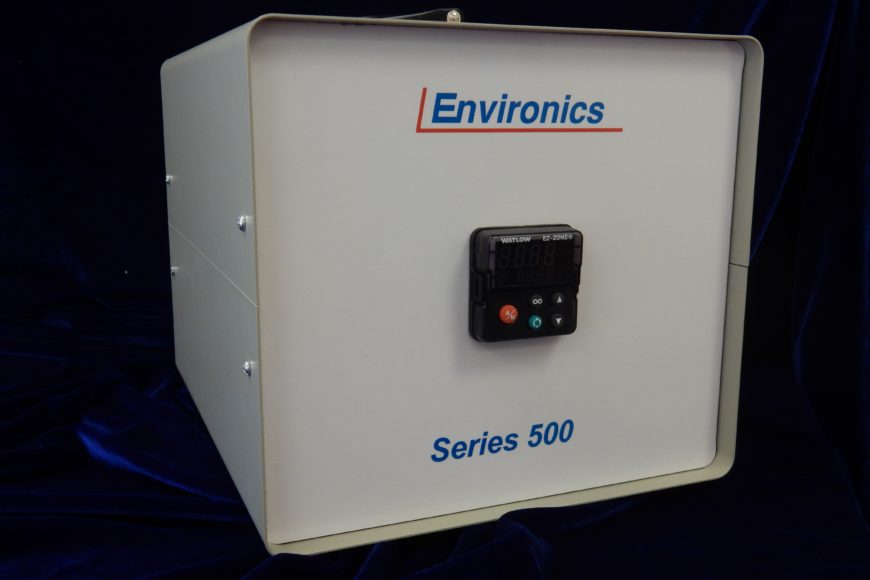
Calibrated analytical devices produce trustworthy results. Equipment without calibration cannot be depended on and may impact your work’s validity. One instrument used for calibration is a permeation oven. It can form gas concentrations and standards by managing temperatures from permeation tubes. If a gas concentration is at a low level or not found within a gas cylinder, a permeation oven is applied to create its own concentration. Read on to learn about specific situations that require permeation ovens.
Generating Low-Level Gas Concentrations
A significant advantage of permeation ovens is their ability to generate precise gas concentrations at extremely low levels. Traditional gas cylinders, while effective in many scenarios, pose challenges in maintaining trace concentrations of volatile compounds. These challenges arise due to the adsorption of molecules on the cylinder walls, especially in the sub parts per billion (ppb) range. This phenomenon can lead to variations in concentration that compromise the accuracy of calibration and testing processes.
Permeation ovens address this issue by employing permeation tubes, which contain the liquid phase of the compound. When heated in the oven, these tubes allow the compound to emit in its dry vapor form steadily and predictably. Therefore, they can maintain consistent low-level gas concentrations without the risk of adsorption errors.
Availability of Specific Gasses
Another critical scenario for the use of permeation ovens is when specific gasses are not available in standard cylinders. This is particularly relevant for rare or highly specialized gasses used in scientific research and industrial applications. Permeation tubes can be custom-filled with a desired compound in a controlled amount. They provide a versatile and readily available source of specific gasses on-demand. This capability is invaluable in applications requiring unique gas mixtures that are otherwise difficult to produce or store.
Ease and Cost-Effectiveness of Permeation Tubes
The logistical advantages of permeation tubes also make permeation ovens an attractive option. Gas cylinders can be:
- Bulky
- Hazardous
- Expensive to transport and store.
However, these tubes are also compact, disposable, or refillable. They represent a significant cost-saving and are easier to handle, especially by non-specialist personnel. This ease of use extends to shipping and storage. Here the smaller size and safety profile of these tubes offers considerable advantages over traditional gas cylinders.
Utilizing the Capabilities of Permeation Ovens
Permeation ovens are indispensable in scenarios where there is a need for low-level, custom gas mixtures, especially when such gasses are not available in traditional cylinders. The technology behind these devices offers a precise, reliable, and cost-effective solution to the challenges posed by gas calibration and testing in various industrial and environmental applications. Furthermore, the ease of obtaining and replacing permeation tubes can enhance their practicality. This makes them a preferred choice in many sectors.
Find Your Own Permeation Oven At Environics
Applying permeation ovens to the calibration of analytical instruments offers an opportunity to manage their accuracy. Not only can these devices ensure the freshness of the gas, but they have several advantages compared to gas cylinders, as they are more compact and better at providing lower levels of calibration and reliable gas compositions. These devices have the potential to make the calibration process far easier, offering options of automation, specific temperature management, and various permeation tubes to ensure more than one chemical can be utilized to deliver an optimized analysis. Here at Environics, we have permeation ovens available to help you with your calibration processes. We also have standalone equipment for your consideration, like our Series 500 Stand Alone Permeation System. This system can be depended upon, as it has excellent accuracy and can be used with temperatures that reach 100°C. For more information on any of our products, please reach out to us and speak with our experts.

